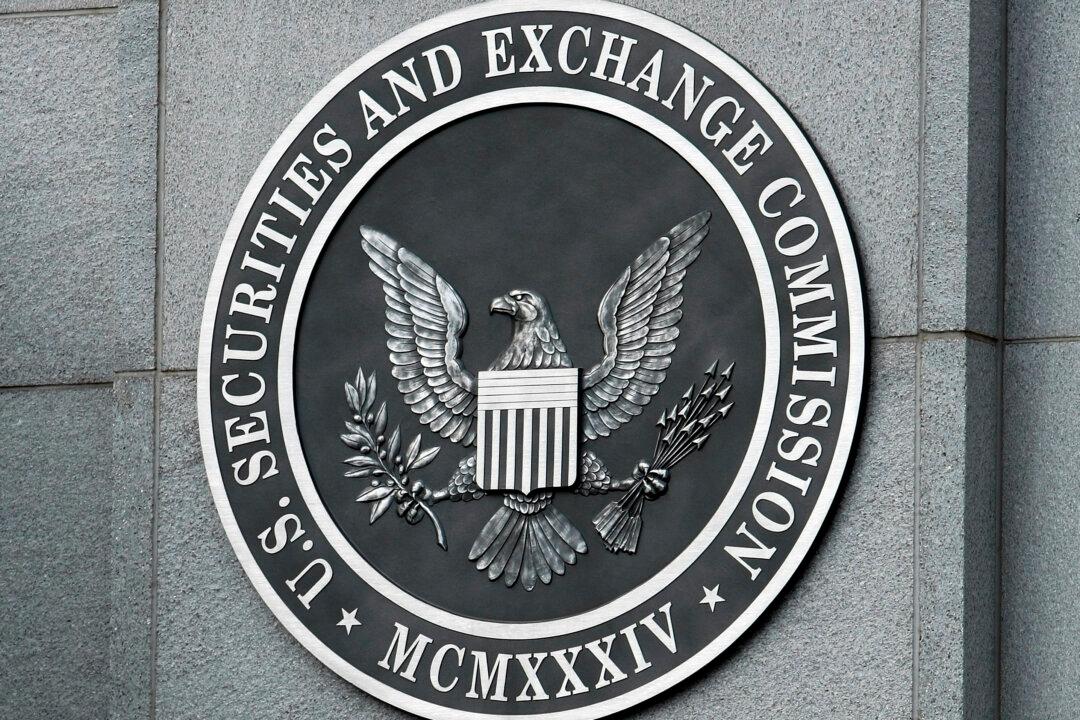The U.S. Securities and Exchange Commission’s (SEC’s) climate disclosure rule for businesses is deeply flawed and could pose a broader risk to the U.S. economy, SEC Acting Chairman Mark T. Uyeda said in a Feb. 11 statement.
In March 2024, the SEC finalized a rule requiring publicly traded companies to disclose any climate-related risks affecting their business. Companies were required to report the expected impact of these risks on their financial condition and the strategies implemented to mitigate them. They also had to disclose their climate targets and any losses incurred due to severe weather incidents.





